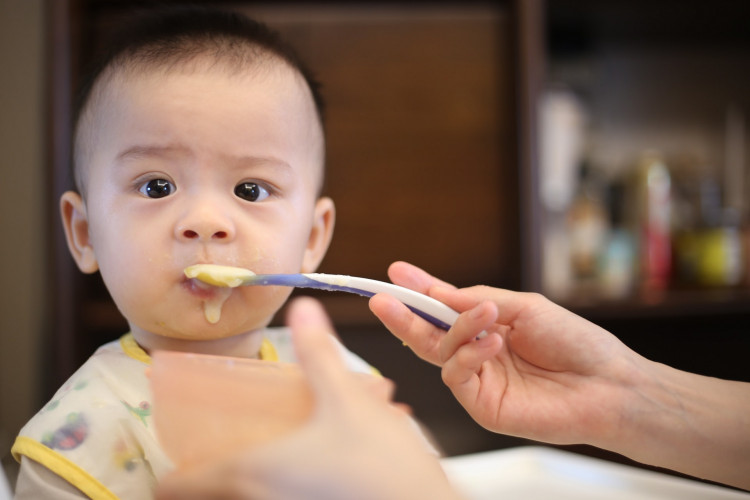New parents are unknowingly feeding their babies food carrying toxic heavy metals, and a new report has been added to the pool of scientific findings that demonstrate how this can hinder brain development.
Arsenic, cadmium, lead, and mercury are among the dangerous heavy metals listed by the congressional subcommittee in leading baby food products, including those sold to parents who claim that organic food is better for their children.
The U.S. House of Representatives' Committee on Oversight's subcommittee on economic and consumer policy presented its observations on Feb. 4 on its review of seven companies, some of which failed to comply with the sub-committee.
Beech-Nut, Gerber, Hain, and Nurture complied with the subcommittee, while Campbell, Sprout Organic Foods, and Walmart did not, the report said.
The World Health Organization has declared heavy metals to be harmful to human health, particularly to infants and children, indicating that even low levels can cause significant harm to brain development, according to the report.
Young children, particularly infants, are at the greatest risk, says the Food and Drug Administration, since their brains and organs are not completely formed, their intestinal absorption of toxic elements is higher and their consumption of food to body weight is higher.
Reports that certain pollutants are concealed in baby food are not even remotely new. And one of the reasons why exposure is common in babies is the lack of variety in their diet.
Many parents still follow old, obsolete recommendations on the best first foods, or feel they need to introduce one food at a time, waiting a few days to see if there is an allergy. However, the new recommendations advise parents to feed their child with a range of nutritious foods, including all allergenic ingredients, early and always in a consistent manner that can be managed by the child. Parents should not have to avoid anything other than raw honey, milk, or choking hazards.
Since heavy metals can also get into food through food processing and manufacturing, try making your own baby food at home, said the American Academy of Pediatrics' Council on Environmental Health.
The subcommittee proposes mandatory FDA testing, labeling of heavy metals in baby food, voluntary phase-out of hazardous ingredients and seeking alternatives, and new FDA requirements for maximum levels of toxic heavy metals approved in baby food.
Visit HealthyChildren.org for more guidelines on the handling of heavy metals by the AAP.






